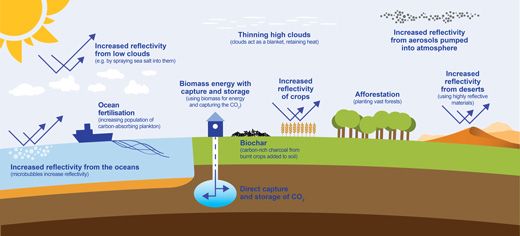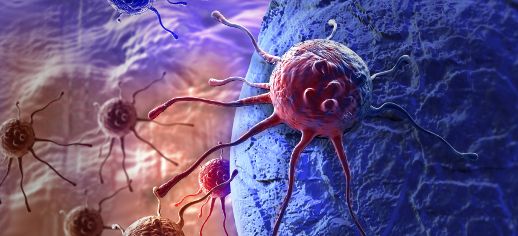
Leeds academic wins top prize as Most Innovative Teacher
Dr James Pickering of the University of Leeds has been named Most Innovative Teacher of the Year at this year's Times Higher Education Awards.

Dr James Pickering of the University of Leeds has been named Most Innovative Teacher of the Year at this year's Times Higher Education Awards.

This year marks the 30th anniversary of Bhopal gas disaster in India, the 20th anniversary of the Rwandan genocide and the 10th anniversary of the South Asian tsunami on Boxing Day 2004.

Researchers have discovered a mechanism linked to the brain damage often suffered by stroke victims"”and are now searching for drugs to block it.

The deliberate, large-scale intervention in the Earth's climate system is not a "quick fix" for global warming, according to the findings of the UK's first publicly funded studies on geoengineering.

Researchers at the University of Leeds have shed light on a gene mutation linked to autistic traits.

Modern hand dryers are much worse than paper towels when it comes to spreading germs, according to new University of Leeds research.

Scientists have proven definitively that climate change could not have been responsible for a huge population collapse in Europe at the end of the Bronze Age.

Researchers at the University of Leeds have made a new synthetic anti-cancer molecule that targets two key mechanisms in the spread of malignant tumours through the body.

Adding tiny amounts of vegetable puree to milk and then rice at the time of weaning makes children more likely to eat vegetables, new University of Leeds research shows.

Today, the European Space Agency's (ESA) Rosetta mission is attempting one of the most ambitious manoeuvres in space exploration: to soft-land a robotic probe on a comet for the first time.